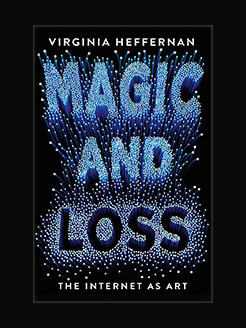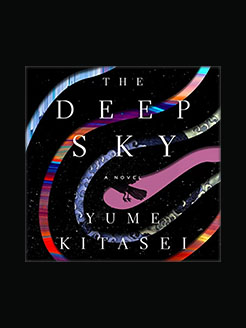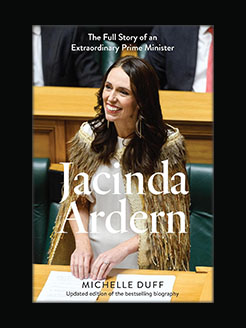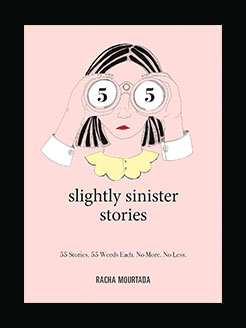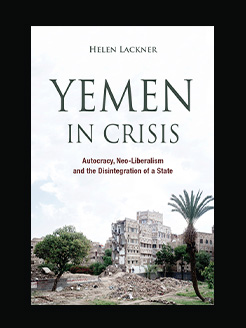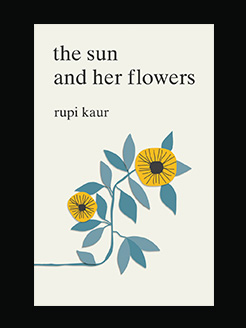Published in 2016
248 pages
Author of fiction and non-fiction. Born in Australia, Shirley Hazzard now holds citizenship in Great Britain and the United States.
As a child she travelled the world due to her parents’ diplomatic postings and at 16, worked for the British Intelligence in Hong Kong, monitoring civil war in China. After this she lived in New Zealand, Europe, USA and Italy. In the USA she worked for the United Nations Secretariat in New York.
Since leaving this post she has been a full-time writer and passionate opponent of the United Nations, the subject of her book Defeat of an Ideal: A Study of the Self-Destruction of the United Nations (1973). She has also written non-fiction books Countenance of Truth: the United Nations and the Waldheim Case (1990) about the Kurt Waldheim case, and Greene on Capri: A Memoir (2000) about her friend, Graham Greene. In 1985, Coming of Age in Australia was published, a collection of her Australian Broadcasting Corporation Boyer lectures.
Hazzard’s writing is as elegant and controlled as ever and this, rather than the plot, dominates her work. Her works of fiction include five novels: The Evening of the Holiday (1966); People in Glass Houses (1967); The Bay of Noon (1970); The Transit of Venus (1980); and, after a break of over 20 years, The Great Fire (2003). This book was shortlisted for the 2004 Man Booker Prize for Fiction and the 2005 International IMPAC Dublin Literary Award.
What is this book about?
Spanning the 1960s to the 2000s, these nonfiction writings showcase Shirley Hazzard’s extensive thinking on global politics, international relations, the history and fraught present of Western literary culture, and postwar life in Europe and Asia. They add essential clarity to the themes that dominate her award-winning fiction and expand the intellectual registers in which her writings work.
Hazzard writes about her employment at the United Nations and the institution’s manifold failings. She shares her personal experience with the aftermath of the Hiroshima atomic bombing and the nature of life in late-1940s Hong Kong. She speaks to the decline of the hero as a public figure in Western literature and affirms the ongoing power of fiction to console, inspire, and direct human life, despite–or maybe because of–the world’s disheartening realities. Cementing Hazzard’s place as one of the twentieth century’s sharpest and most versatile thinkers, this collection also encapsulates for readers the critical events defining postwar letters, thought, and politics.
